WASHPO: D.C.'s Ex-Dealers Back On Streets -- Saving Lives
By Darryl Fears
Washington Post Staff Writer
Wednesday, August 26, 2009
At a busy corner in the heart of Ward 7, Jamal Hawkins, a former drug dealer, embarked on a new career: getting residents hooked on HIV/AIDS prevention. His boss, Terrence Young, also a former dealer, said the path to success is simple.
"The same rapport you had with people you were selling drugs to, that's the same skill set you use to sell HIV and AIDS prevention," Young said recently. "The people skills you developed from that apply here."
Young demonstrated his technique in the parking lot of a 24-hour convenience store, beckoning to a woman who was passing by. "Hey," he called out. "I got something for you. I got some condoms here if you need them." She walked away with a fistful.
In wards 7 and 8 -- where the HIV infection rates are among the highest in the District, where many of the city's ex-convicts live and where many of its arrests occur -- former drug dealers are being recruited as HIV counselors.
"We don't say in our job description that only drug dealers need apply, but the reality is that men and women who soldiered illegally on the streets have the skills for what we do," said A. Toni Young, executive director of the nonprofit Community Education Group. Young runs the 11-month-old program and helped conceive it.
With his smooth boyish face, Hawkins looks the part of the choirboy he once was, growing up in suburban Maryland. But he was drawn to the streets.
"It was just the lifestyle. I always wanted to live life in the fast lane," he said, standing beside one of the program's vans, dressed in an oversized T-shirt and droopy jeans that bunched over snow-white sneakers. "I was always affiliated with people who did dirt in D.C."
The District has the highest HIV infection rate of any major city in the country. Ward 8 has the city's highest infection rate, 2.8 percent, and Ward 7 is not far behind at 2.4 percent. The two wards have what HIV/AIDS workers call hard-to-reach populations, the people least likely to be tested for and informed about HIV/AIDS and most likely to spread it. They are the kind of people drug dealers come face to face with every day.
Young said she knows what critics will say: A former drug dealer is bound to slide back into criminal behavior. "I think that's the problem," she said. "We have to provide an opportunity for them to do something different from what we've known them to do. . . . We're not just trying to give people a job. We're trying to change them, and change a community's dynamic."
Click HERE to continue reading.
For more Congress Heights and River East news visit The Congress Heights Examiner website, http://www.examiner.com/x-13507-Congress-Heights-Community-Examiner
Share on Facebook
Washington Post Staff Writer
Wednesday, August 26, 2009
At a busy corner in the heart of Ward 7, Jamal Hawkins, a former drug dealer, embarked on a new career: getting residents hooked on HIV/AIDS prevention. His boss, Terrence Young, also a former dealer, said the path to success is simple.
"The same rapport you had with people you were selling drugs to, that's the same skill set you use to sell HIV and AIDS prevention," Young said recently. "The people skills you developed from that apply here."
Young demonstrated his technique in the parking lot of a 24-hour convenience store, beckoning to a woman who was passing by. "Hey," he called out. "I got something for you. I got some condoms here if you need them." She walked away with a fistful.
In wards 7 and 8 -- where the HIV infection rates are among the highest in the District, where many of the city's ex-convicts live and where many of its arrests occur -- former drug dealers are being recruited as HIV counselors.
"We don't say in our job description that only drug dealers need apply, but the reality is that men and women who soldiered illegally on the streets have the skills for what we do," said A. Toni Young, executive director of the nonprofit Community Education Group. Young runs the 11-month-old program and helped conceive it.
With his smooth boyish face, Hawkins looks the part of the choirboy he once was, growing up in suburban Maryland. But he was drawn to the streets.
"It was just the lifestyle. I always wanted to live life in the fast lane," he said, standing beside one of the program's vans, dressed in an oversized T-shirt and droopy jeans that bunched over snow-white sneakers. "I was always affiliated with people who did dirt in D.C."
The District has the highest HIV infection rate of any major city in the country. Ward 8 has the city's highest infection rate, 2.8 percent, and Ward 7 is not far behind at 2.4 percent. The two wards have what HIV/AIDS workers call hard-to-reach populations, the people least likely to be tested for and informed about HIV/AIDS and most likely to spread it. They are the kind of people drug dealers come face to face with every day.
Young said she knows what critics will say: A former drug dealer is bound to slide back into criminal behavior. "I think that's the problem," she said. "We have to provide an opportunity for them to do something different from what we've known them to do. . . . We're not just trying to give people a job. We're trying to change them, and change a community's dynamic."
Click HERE to continue reading.
For more Congress Heights and River East news visit The Congress Heights Examiner website, http://www.examiner.com/x-13507-Congress-Heights-Community-Examiner
Share on Facebook
